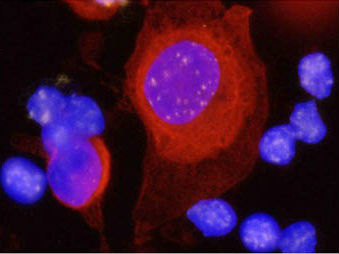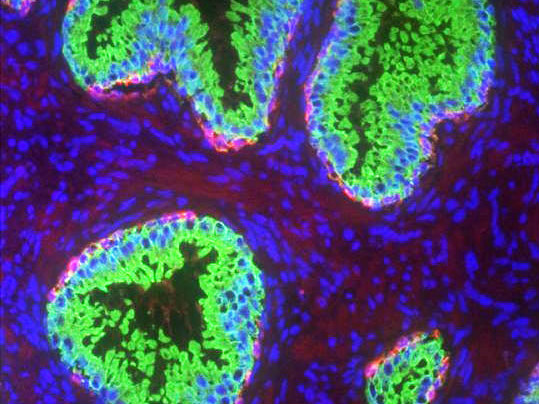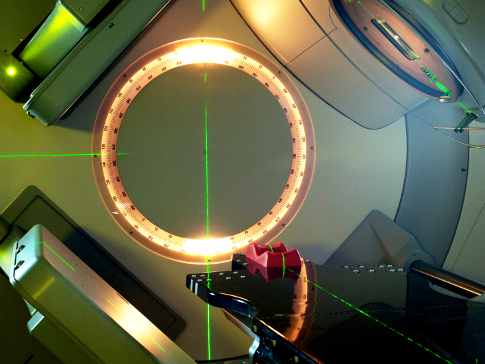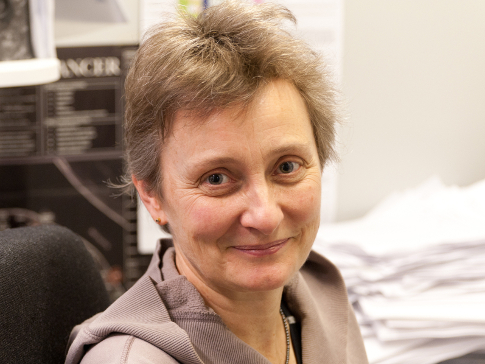News and features
Read the latest news and features about our world-leading research, discoveries, fundraising and philanthropy. If you want to keep updated on our news, you can follow us on social media or sign up for our Search newsletter.
If you’re a journalist and want to find out more, you can contact our media relations team.

Blood test could identify when cancer treatment has become detrimental
Some treatments for prostate cancer, while initially effective at controlling the disease, not only stop working over time but actually start driving tumour growth, a major new study shows.

Genetic testing can identify men at six-fold increased risk of prostate cancer
Scientists can now explain a third of the inherited risk of prostate cancer, after a major international study identified 23 new genetic variants associated with increased risk of the disease.

Location of cancer’s growth affects treatment effectiveness
A new study by scientists at the ICR, showed that mice with melanoma responded differently to a viral therapy depending on where in the body their tumours developed.

Statement in response to the Government's decision to increase the Cancer Drugs Fund
Our Interim Chief Executive, Professor Paul Workman, comments on the Government's decision to increase the Cancer Drugs Fund from £200m a year to £280m a year

New tool to probe cancer’s molecular make-up
Scientists have shown how to better identify and measure vital molecules that control cell behaviour – paving the way for improved tools for diagnosis, prediction and monitoring of cancer.

Risk of premature menopause after cancer treatment mapped
Women treated for the cancer Hodgkin lymphoma will be able to better understand their risks of future infertility after researchers estimated their risk of premature menopause with different treatments.

Exploiting the cell cycle to improve radiotherapy outcomes
One of the crucial signalling networks that often go awry in cancer are those that respond to DNA damage and regulate the cell cycle progression. But now researchers are turning this to their advantage, and are attacking cancer by targeting one of the very processes that drives it – a faulty DNA repair response.

Statement in response to rejection of abiraterone before chemotherapy in final draft guidance from NICE
Our Interim Chief Executive, Professor Paul Workman, comments on today’s rejection of abiraterone before chemotherapy in final draft guidance from NICE.

Mutations in a gene essential for cell regulation cause kidney cancer in children
Mutations in a gene that helps regulate when genes are switched on and off in cells have been found to cause rare cases of Wilms tumour, the most common kidney cancer occurring in children.

Cancer drug improves quality of life in men with incurable prostate cancer
New study shows enzalutamide improves the quality of life of patients with advanced, incurable prostate cancer.

Childhood brain tumours: breakthrough could speed new treatments
Imaging study raises hope for young patients

Cause of rare childhood cancer discovered
Scientists have made a breakthrough in understanding the cause of a rare childhood muscle cancer, called Rhabdomyosarcoma (RMS).
